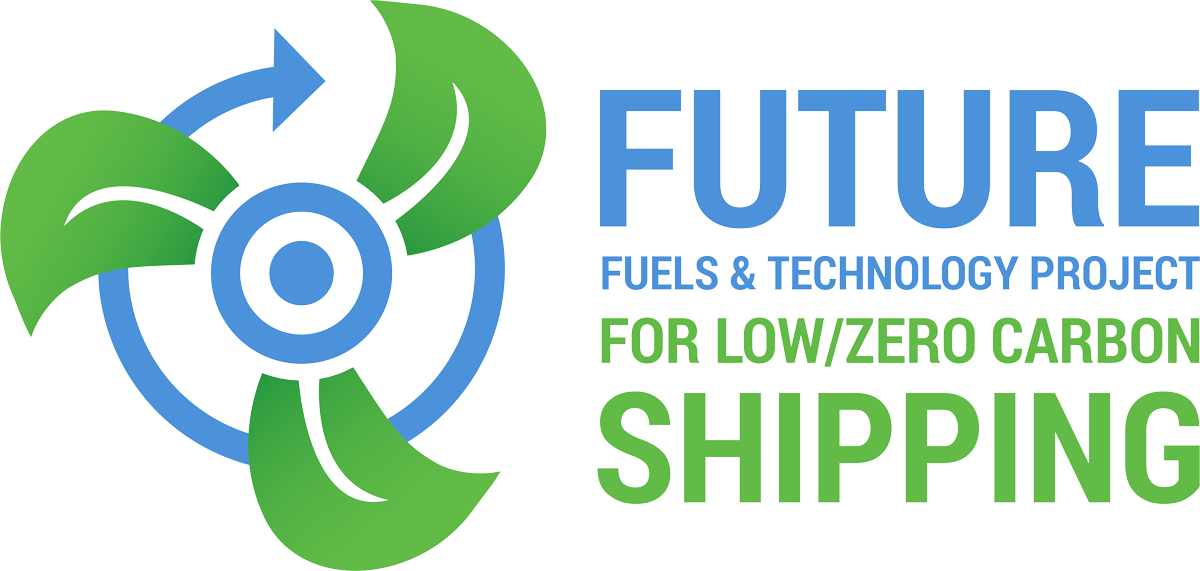To evaluate the economic viability of bio-methanol and e-methanol as sustainable marine fuels within the regulatory frameworks of FuelEU Maritime and the EU Emissions Trading System (ETS). The report provides an analysis of compliance pathways and the economic incentives for adopting these fuels compared to fossil fuels such as VLSFO, emphasizing the penalties for non-compliance. The findings support the potential of these regulations to facilitate a transition to sustainable fuels by creating a stable investment environment for fuel producers and encouraging adoption by shipping operators.
Publication year: 2023
Options for Reducing Methane Emissions from New and Existing LNG-Fueled Ships
To evaluate the effectiveness of various technological and operational measures to reduce methane emissions from LNG-fueled vessels, to assess the current status of LNG engine technology, and finally to provide recommendations for policy changes and technological improvements to mitigate methane emissions from LNG-fueled vessels.
Commercial Readiness of Absolute Zero GHG Technologies
ZESTAs’ paper discusses findings from the MARIN NL Model for ESSF SAPS, which compares various marine fuels’ greenhouse gas emissions over a 100-year Global Warming Potential (GWP), noting that some fuels produce 0% emissions over this period. Only technologies reaching at least demonstration stage (TRL7 or higher) are considered. Additionally, references are made to Technology Readiness Levels (TRLs) and Commercial Readiness Levels (CRLs) following expanded definitions presented to ISWG-GHG 14 by IMO Secretariat, DNV, and Ricardo plc on 22nd March 2023.
The Poseidon Principles: 2023 Annual Disclosure Report
The Poseidon Principles, embraced by 80% of global ship finance, have aligned with the IMO’s net-zero emissions ambition by 2050, reflecting a commitment to climate action and transparency in maritime lending decisions. Despite industry challenges, such as port congestion and personnel shortages, the principles have shown significant progress in decarbonization efforts, with a +95.4% reporting percentage indicating growing industry recognition of the importance of transparency and collaboration in achieving sustainability goals. The publication of the 2023 Annual Disclosure Report highlights the shipping finance sector’s leadership in fostering a more sustainable future for the maritime industry.
Power-2-Fuel Cost Analysis
To analyze the production, distribution, and storage costs of various e-fuels and the total costs of ownership (TCO) for using these fuels in vehicles and ships
Climate Action in Shipping (Progress Towards Shipping’s 2030 Breakthrough)
To urge further progress through evaluation of the performance of the technology and supply sector, demand sector, finance sector, policy sector and civil society sector in shipping over the past year
Review of maritime transport 2023; Towards a green and just transition
To analyze trends in seaborn trade, global shipping services, freight rates, infrastructures at ports in 2023. etc., and discuss challenges in relation to the transition to decarbonization
Maritime Forecast to 2050
To analyze the current state of the shipping industry’s carbon emission reduction transition and the prospects for new technologies and stretegies, including ship design and fuel selection, necessary to achieve full net-zero
GHG emissions 2030 in shipping – Analysis of the maximum technical abatement potential
To analyze the greenhouse gas emissions of international shipping based on the fuel life cycle (WtW). The main finding is that global shipping can reduce carbon emissions by half within 10 years with minimal impact on international trade.
According to the report, by 2030, emissions are projected to decrease by 36 to 47 percent compared to 2008 through the use of 5 to 10 percent zero or near-zero fuels, wind assistance technology, and ‘climate optimizing’ of ships.
Potential of Hydrogen as Fuel for Shipping
To identify the potential for adopting hydrogen as a marine fuel by examining the production capacity, the regulatory landscape, and technologies along with techno-economic analyses and risk-based case studies

